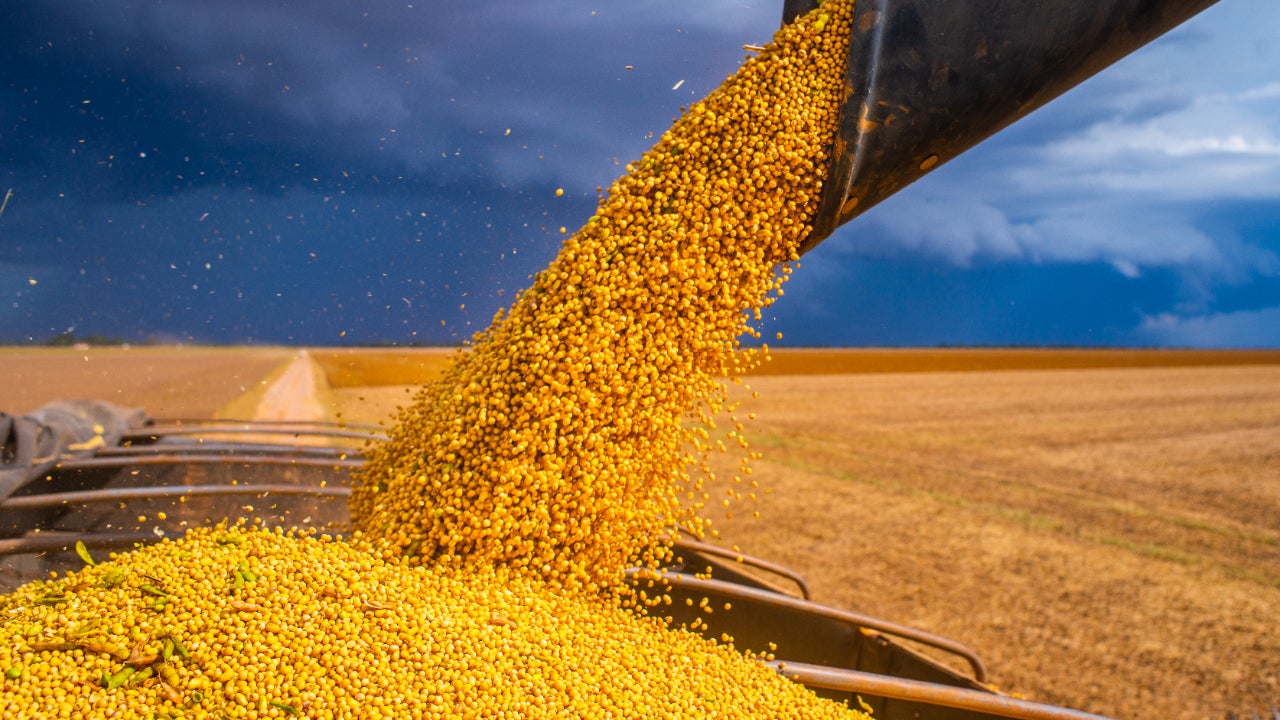Commodities are very important part of our daily lives. Investors are now flocking commodity investments because they have proven to be very lucrative, giving profits to those who are smart enough to now that commodity investing takes time and patience. Read on to learn more about the different ways to invest in commodities.
Types of Commodities
Tradable commodities include:
- Metals, such as gold, silver, platinum, and copper
- Energy, such as crude oil, heating oil, natural gas, and gasoline
- Livestock and meat, such as lean hogs, pork bellies, live cattle, and feeder cattle
- Agricultural, such as corn, soybeans, wheat, rice, cocoa, coffee, cotton, and sugar
When the stock markets crash or become too volatile, investors usually move their money to precious metals like gold, which has historically been considered as reliable and a safe-haven. Precious metals can also be considered as a hedge for inflation and against currency devaluation.
Investing in Commodities
There are still a lot of commodities exchanges around the world, even though many have come and gone. Most of them support a few different commodities, while some specialize in a single type of commodity.
Trading commodities in the exchanges can necessitate standard agreements in order for the trades to be executed without visual inspection.
Futures
One popular way to invest in commodities is via a futures contract, which is an agreement to buy or sell specific quantity or sell a specific quantity of a commodity at a predetermined price at a future date. You can trade futures at any category of commodity.
Advantages
- You can use leverage to earn big profits
- Minimum-deposit accounts control full-size contracts that are otherwise unavailable in other markets
- You can easily go long or short
Disadvantages
- Futures markets can be extremely volatile while direct investment can be very risky, particularly for beginner investors
- Leverage can also lead to huge losses
- A trade can go south quickly, making you lose your initial deposit or higher before can even close your position
Stocks
Investors also sometimes use the stocks of companies that are related to a commodity in some way. For instance, if you want to invest in oil you may invest in the stocks of oil drillers, tanker companies, or other oil companies.
Equities are considered to be less susceptible to volatile price swings. In addition, stocks are easily available to buy, hold, and track. You may even narrow down your investments to particular sectors. You may only need to perform some research to make sure that a company is both a good investment and a commodity play.
Stock options require lower investment than directly buying stocks. Although your risk is limited on the price of the option, it’s also not uncommon for the price movement to not mirror the underlying stock.
Advantages
- In most cases, the stocks are highly liquid
- Investors usually already have a brokerage account, meaning it’s easier to trade
- Public information on a company’s financial situation is immediately available
Disadvantages
- Its price may be affected by company-specific factors as well as broader market conditions
- It’s not a pure play




